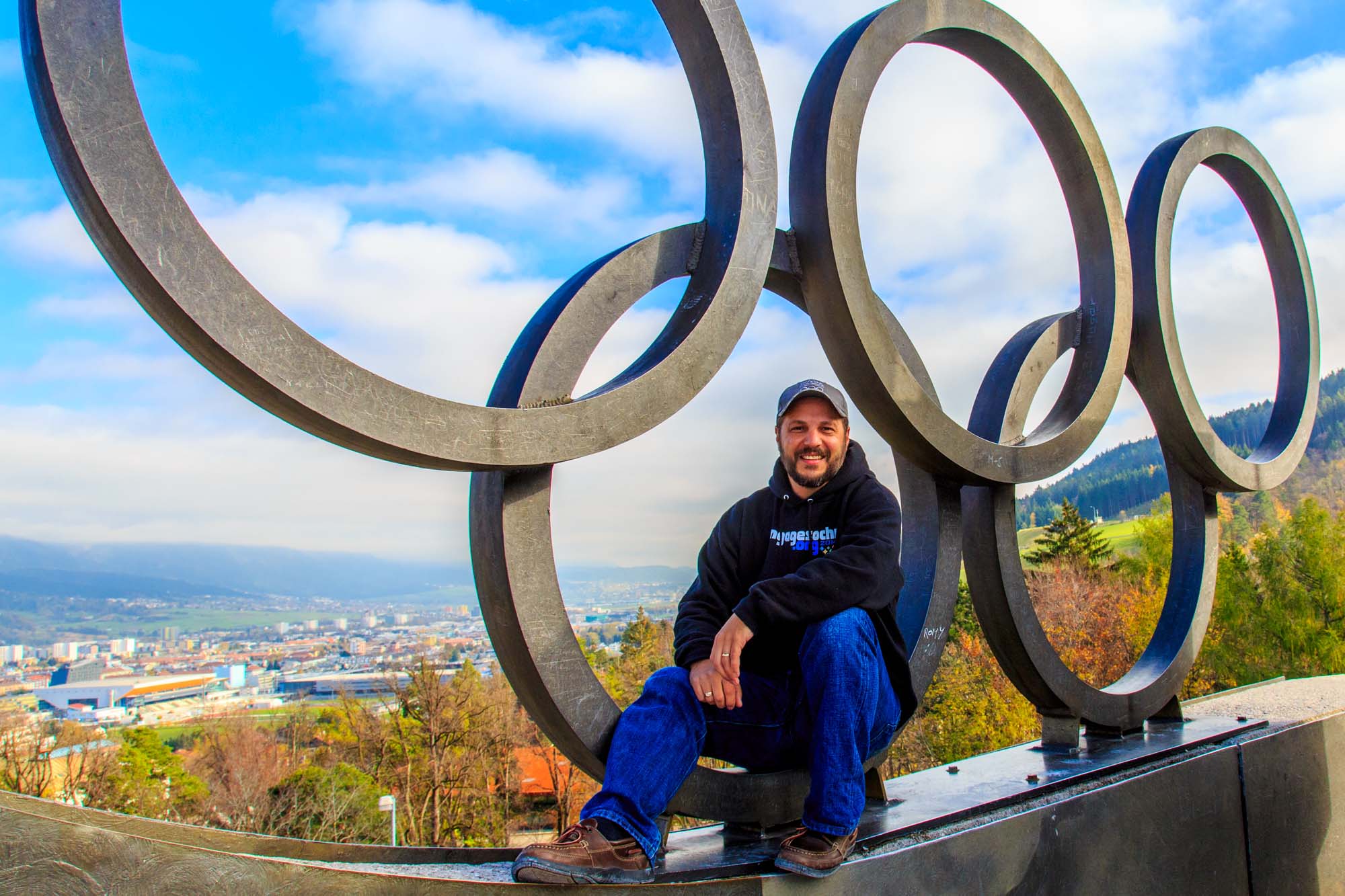
SARAJEVO (BP) — My work takes me to many cities. Some I like, some I don’t. But almost always I come home to find that I have been affected in some way by the places I have visited.
I am not sure exactly what I was expecting when I went to Sarajevo. I knew that it was located in the former Yugoslavia — in Bosnia. But, as an American, I had rarely heard mention of Bosnia without the words “war-torn” preceding it.
I knew that Sarajevo was the site of a brutal ethnic and religious war and military siege. But beyond that, my knowledge of the area was limited, at best. But it was Sarajevo’s Olympic history that took me there.
I came to find that Sarajevo is a city filled with paradox and contradiction.
My first impression of the city came before we ever landed at the airport. Looking out the window of my plane I noticed the most prominent, and chilling, feature of the Sarajevo landscape — cemeteries. Not just one or two. And not just small little plots on the outskirts of the city. But seemingly acres and acres of white grave markers stood against the bright fall colors of the surrounding mountains.
I visited the place where the Olympic flame once burned atop a high brick tower so it could be seen throughout the city. Yet, less than a decade after the flame was extinguished, new flames lit the night sky as rockets and bombs ravaged this once-proud city.
And, not far from my hotel was a corner museum with a plaque on the outside wall. It marks where Archduke Franz Ferdinand of Austria was murdered in 1914, the catalyst for World War I. Sarajevo is a city marked by war.
A walk through the central section of Sarajevo uncovers yet another paradox — that of race, culture and religion. Sarajevo has long been recognized for its religious diversity, and until recently, it was the only city in Europe to house a mosque, a synagogue, an Orthodox church and a Catholic church all within the same neighborhood.
While diversity in ethnic and religious beliefs divided the country to the point of civil war, in modern-day Sarajevo, peace — or at least understanding between religions — exists in the city. This became most evident to me during my second day when I had the opportunity to photograph the president of Bosnia — at least one of them.
Locals explained to me that there are actually three presidents of Bosnia — a Bosniak (Muslim) president, a Croat (Catholic) president and a Serb (Orthodox) president. Together they serve one four-year term where the chairman of the presidency rotates among the three members every eight months.
An afternoon exploring the mountainsides and former Olympic venues uncovered more contradictions. At the time, the Sarajevo Olympics were heralded as the most successful and most organized games to date, remembers Zlatko Hrnjic, recently retired General Secretary of the Bosnian Ski Federation.
“The 1984 Olympics were something special,” he said. “It is the single greatest thing that I have been involved with [in] my entire life.”
Today, the bobsled and ski jump areas have been all but destroyed and are covered with graffiti and pockmarked with holes created by mortar shells.
And yet, in this place where death, destruction, war and violence could break the spirit of man, a sense of hope pervades the people who live here.
Though surrounded by the reminders of war, they continue to remember the best things of their past and focus on the promise of the future.
I experienced simple gestures, like making sure the visiting foreigner did not leave his hotel without an umbrella on a rainy day. And more extravagant expressions, such as inviting a stranger into a home for a holiday meal.
The people of Sarajevo have learned much from their history. As a former Olympic city, they remember what it is to be a city of peace, prosperity and hope. They long for those days once again.
–30–
Marc Ira Hooks is an IMB correspondent based in Europe. He also serves as co-director and Olympic event coordinator for Engage Sochi. He can be reached by email at [email protected]. Get Baptist Press headlines and breaking news on Twitter (@BaptistPress), Facebook (Facebook.com/BaptistPress ) and in your email ( baptistpress.com/SubscribeBP.asp).















